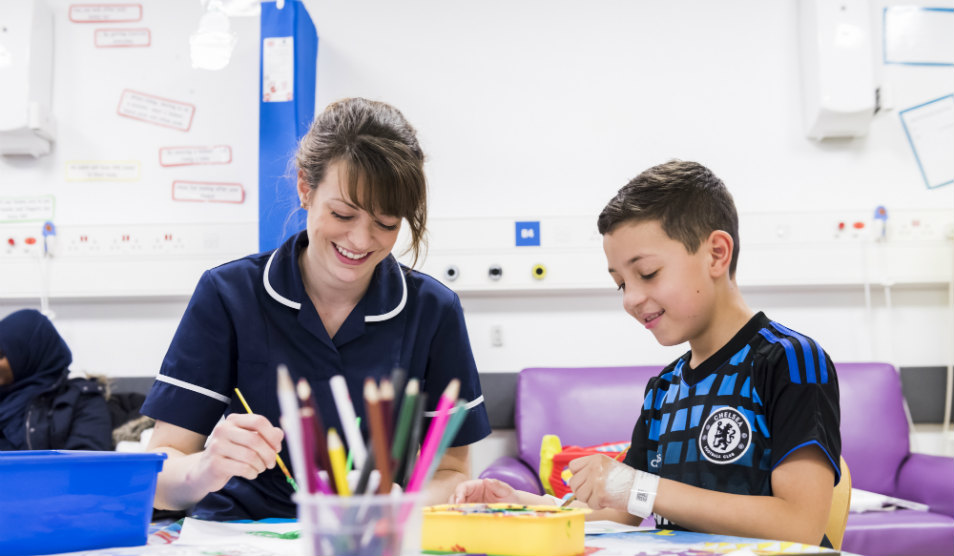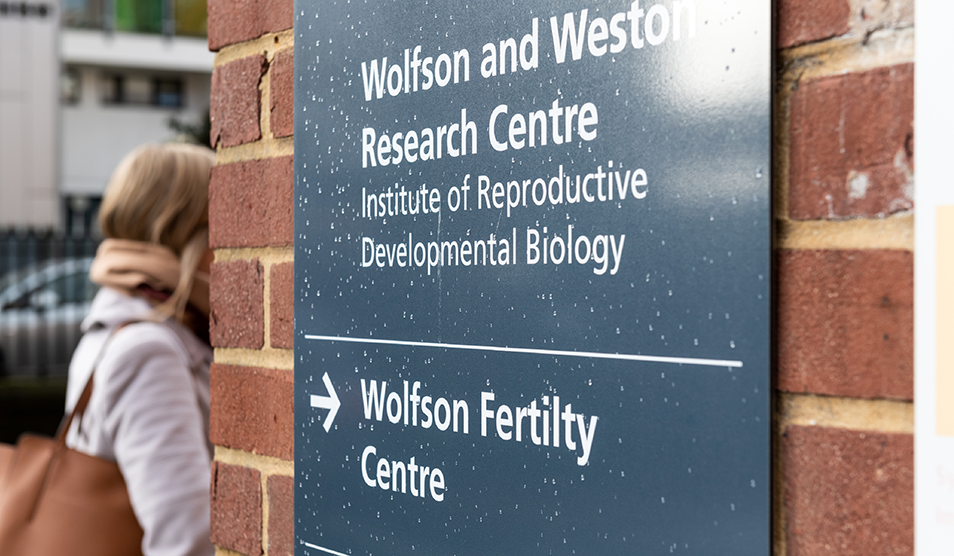Fleming Initiative launches a new media network to tackle antimicrobial resistance
The Fleming Initiative has launched an innovative new media network to unite clinician content creators & communication experts in fighting antimicrobial resistance (AMR).
Lord Ara Darzi, Chair of the Fleming Initiative, is working with global communication experts to empower leading clinician content creators and media partners to raise awareness of AMR and the behaviour changes needed for it to be combatted.
Clinician content creators are healthcare professionals who produce health-focused video content online and for social media. The new Content, Health and AMR Innovation Network (CHAIN) aims to harness the power and global reach of this content to help tackle the spread of infectious diseases which no longer respond to the antimicrobial medicines needed to treat them (known as AMR).
The launch of CHAIN is being supported by YouTube Health, to ‘democratise access to high quality health information’, reduce misinformation and make health information more accessible globally.
The causes of antimicrobial resistance are varied and often rooted in individual and collective behaviours that lead to the inappropriate use of antibiotics and other antimicrobials. For example, patients may fail to complete courses of antibiotics as prescribed, providing an opportunity for resistant bacteria to develop.
Changing how people understand and use antimicrobials – in turn inspiring changes in behaviour – is therefore a key part of the fight against AMR. Online content is an increasingly popular source of healthcare information for people looking for health advice or diagnosis. In 2021 alone, health content amassed over 110 billion views globally.
Clinician creators are a key part of this ecosystem. They can have large audiences, with many healthcare-focused creators on YouTube having over one million followers. The connection they build with their audiences, together with the credibility that YouTube’s health features offer, makes clinician creators trusted and influential sources of information.
At the launch of CHAIN in the House of Lords on 29 April, communications experts and professionals working in the field of antimicrobial resistance came together with clinician content creators to discuss how video content can drive this essential behaviour change in broader society.
The Fleming Initiative invited those in attendance to join CHAIN, empowering clinician content creators to create video content about antimicrobial resistance.
CHAIN members will have the opportunity to raise awareness of AMR and inspire necessary behaviour changes in a range of ways. Working with the Fleming Initiative, members will be able to partner with experts in communications and entertainment, provide thought leadership at relevant international events, and co-create educational online content.
To raise public awareness of antimicrobial resistance, the Fleming Initiative will also mobilise CHAIN members to deliver a coordinated video message in September 2024, coinciding with the UN General Assembly High-Level Meeting on Ant AMR.
Dr Garth Graham, Director and Global Head of Healthcare and Public Health Google / YouTube said: "Clinician creators play an important role in sharing key health messages with the public at scale. YouTube's collaboration with the Fleming Initiative will help raise awareness amongst the general public and fellow clinicians about the AMR challenge."
Antimicrobial resistance is an urgent global public health threat that already kills over one million people around the world each year. There is a growing challenge in treating infections such as tuberculosis. If the problem is not resolved, it is estimated that by 2050, drug-resistant microbes will lead to around ten million deaths per year.
The Fleming Initiative is an advanced workstream of the Fleming Centre, a joint Imperial College Healthcare NHS Trust and Imperial College London facility being developed at St Mary’s Hospital in Paddington. It will combine cutting edge research, public engagement, and work with policymakers to drive a global change in AMR. St Mary’s is the site of the discovery of penicillin in 1928 as well as location of Paddington Life Sciences, a cluster of health and data science businesses coming together with academia, the NHS and local communities to drive improved health, wealth and wellbeing.
Professor the Lord Ara Darzi, Executive Chair of the Fleming Initiative and Co-Chair of the Institute of Global Health Innovation said: “At the Fleming Centre, Imperial College London and Imperial College Healthcare NHS Trust are driving solutions to antimicrobial resistance that are co-designed with patients, the public and policy makers and underpinned by a rich and diverse evidence base. We are making behavioural science and public involvement the cornerstones of the radical change that’s needed to influence individual behaviour and policy decisions.”
His Royal Highness Prince William, The Prince of Wales, was recently announced as Patron of the appeal to build the Fleming Centre. As Patron, Prince William will support efforts over the next five years to make the Fleming Initiative’s ambitious plans to overcome global antimicrobial resistance a reality.



